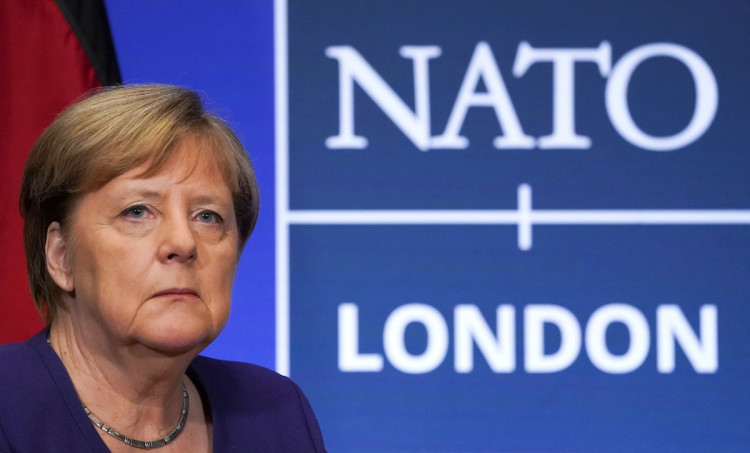Germany's industrial production in 2019 plunged to its lowest level in 10 years, sparking new fears of an impending economic recession.
A multiplicity of risks are battering the German economy and sending it down a path that will likely see it enter a recession by the second quarter of this year. Recession fears multiplied after Germany on Friday revealed its worst industrial production figures since January 2009. Federal data shows German industrial production in December plummeted by almost 7% year-on-year.
This was also the fifth month of production reduction in the last seven months, indicating tepid demand for German industrial goods locally and globally. Official figures also show German factory orders in December falling 2.1% from November. The trade picture is equally bleak with exports in December inching up by just 0.1% compared to November.
Analysts said this spate of bad news adds more pressure on Europe's largest economy to find a way out of the self-inflicted economic mess that threatens to plunge it into recession.
Chancellor Angela Merkel and her cabinet are still being heavily criticized for not doing much to boost private investments into Germany over the past two years. Critics find Merkel's action inexplicable at a time when financial markets are still offering negative interest rates. This means Germany would be paid to borrow more money.
Central bankers and top European policymakers have long pleaded with Merkel to spend more in infrastructure and the overall German economy. They rightly contend higher investments will boost growth despite immense economic challenges.
Merkel, however, remains blindly committed to the so-called "schwarze null," or "black zero," a law that prohibits Germany from incurring any new debt.
ING Germany said in a note to investors Friday's data "has raised the risk that next week's GDP (gross domestic product) data could bring back the R-word (recession-word) for the German economy." It noted Germany has twice barely avoided plunging into a recession over the last 18 months. A recession is defined by Germany as two consecutive quarters of growth contractions.
Preliminary federal data reveals Germany's GDP grew at a rate of 0.6% in 2019, the weakest expansion since 2013. The OECD (Organization for Economic Cooperation and Development) projects the German economy to grow between 0.4% in 2020 and 0.9% in 2021.
"I am pessimistic about the German outlook because Germany could experience something like the perfect storm," believes Marcel Fratzscher, President of the DIW (German Institute for Economic Research).
"The smart government response would be to say look we are a risk manager, we are acting now to stabilize the economy," said Fratzscher. "At the moment we have a bit of a paralysis, there's just not the political will to make that fiscal spending."
He told CNBC there are "so many risks" the German government faces and must take immediate action to counter. Among these risks: the paralyzing global trade slowdown, the Wuhan coronavirus, geopolitical conflicts between the U.S, and China and the U.S. and Europe, a weak European financial sector and Brexit with its massive implications for weaker trade and financing.






